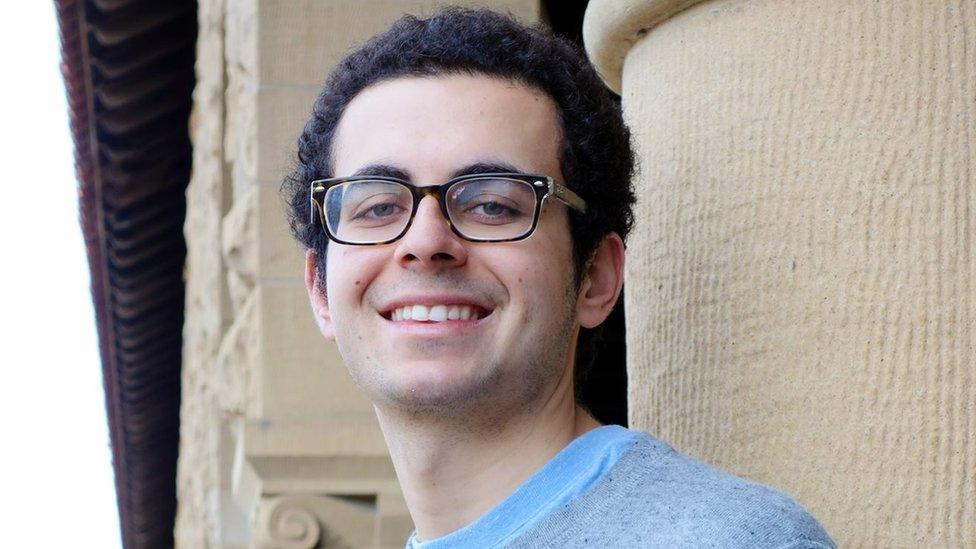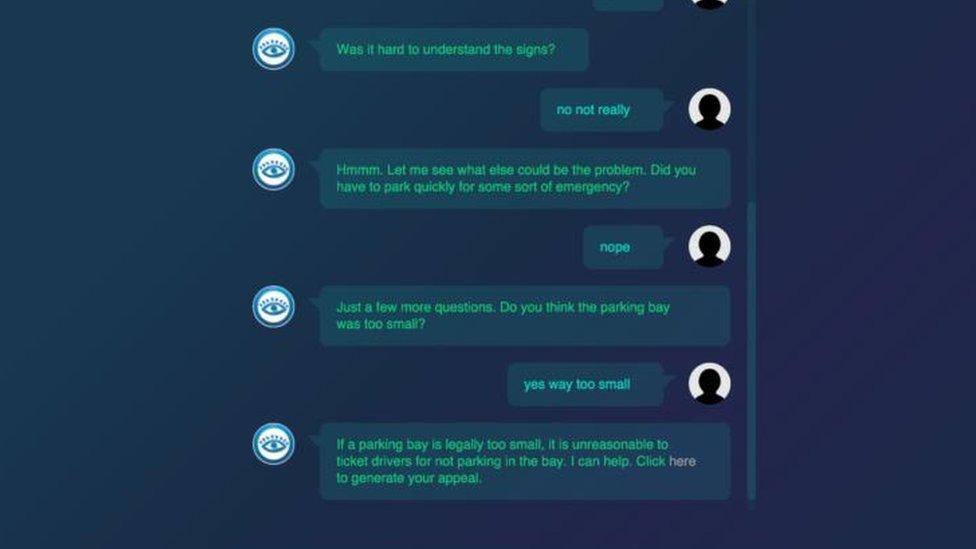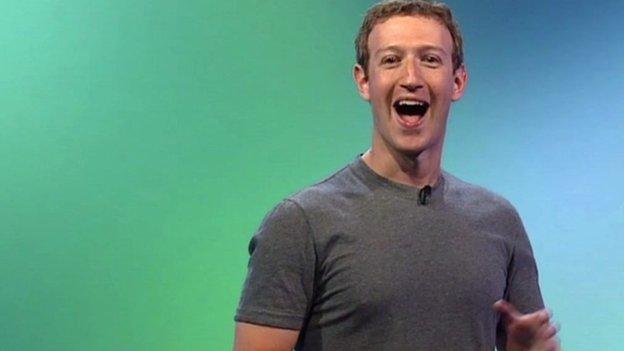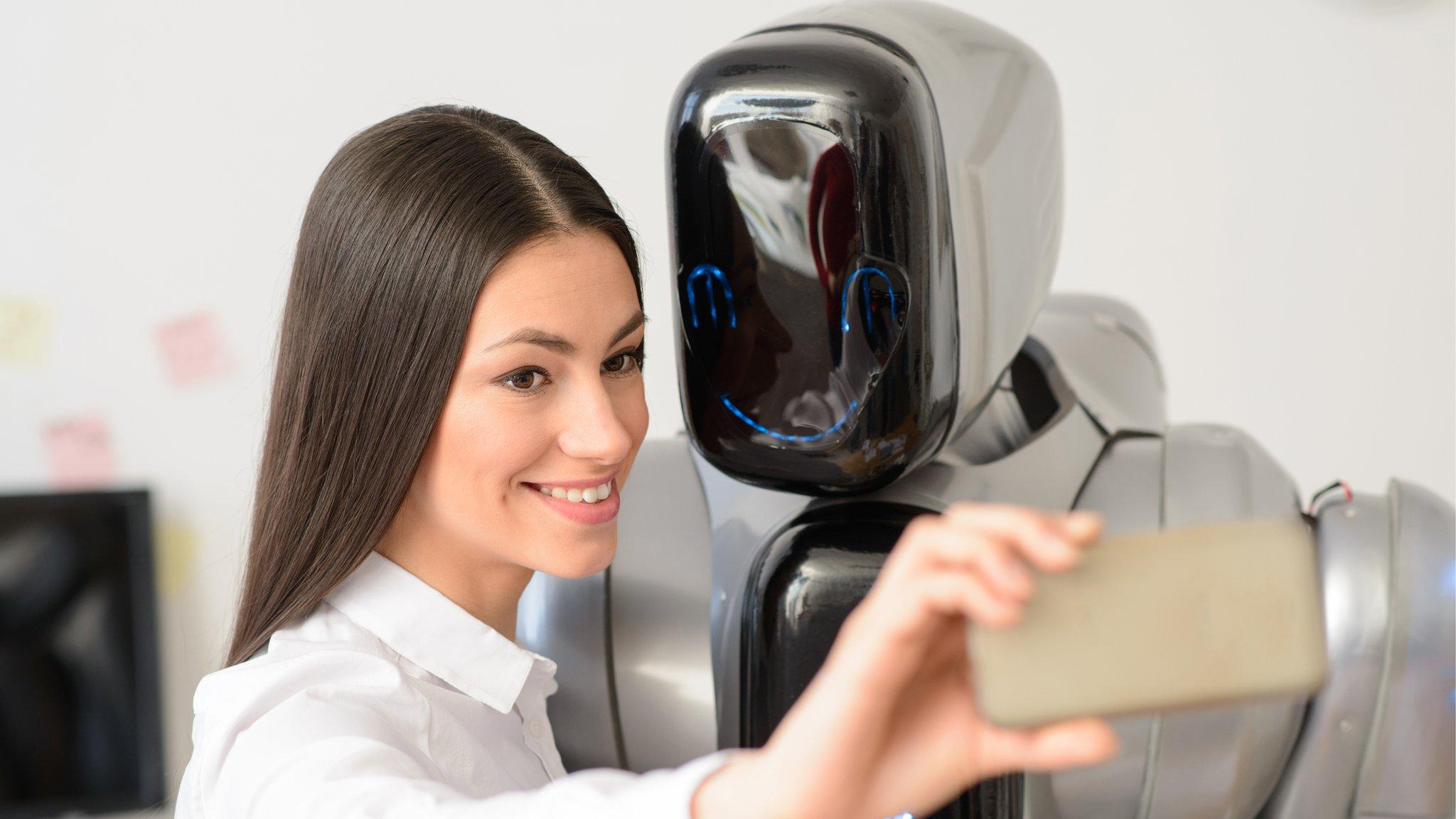'Robot lawyer' fights parking tickets
- Published

Joshua Browder built the bot after receiving "countless" parking tickets himself
A chatbot programmed by a British teenager has successfully challenged 160,000 parking tickets since its launch last year.
About 250,000 people have used the free service so far, said its creator, Joshua Browder.
The Do Not Pay bot currently works in the UK and New York in the US. It asks a series of questions to determine the validity of a penalty notice.
It can also be used to work out compensation for delayed flights.
Mr Browder told the BBC he hoped it proved bots could be useful.
"Bots are a huge opportunity for public service," he said.

The bot asks a series of questions about the circumstances surrounding the parking ticket
"I'm very surprised it has been so successful, but I am not surprised that so many people have pushed back against their parking tickets."
Of the 160,000 successful challenges, 9,000 were from New York, where the bot launched in March 2016, reports Venture Beat, external.
Mr Browder was inspired to build the bot, which he describes as "the world's first robot lawyer", after receiving "countless" parking tickets himself.
It took him three months to program.
The Stanford University student is currently building a new bot aimed at helping Syrian refugees by producing English documents based on Arabic text.
However, Abhi Chirimar, the chief executive of online mental health community Instawell, said that in his experience there was no chatbot "silver bullet" for companies offering digital services across more than one platform.
"Service developers need to be mindful of the pros and cons when designing chatbots," he said.
"Chatbots need tactical conversation design to ensure that the average person feels comfortable throughout the process.
"We realised early on that there isn't an easy 'silver-bullet' for our chatbot.
"Now, a Facebook user and a Slack user are served up different chatbots for the same goal - get the right kind of help."
- Published12 May 2016

- Published12 April 2016

- Published31 May 2016
